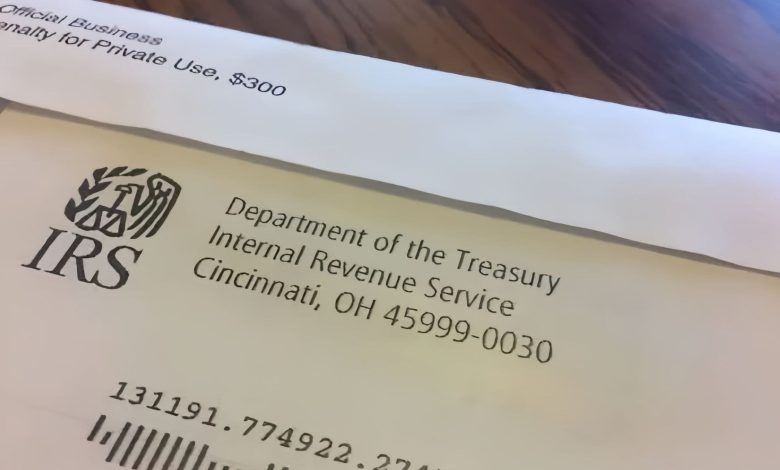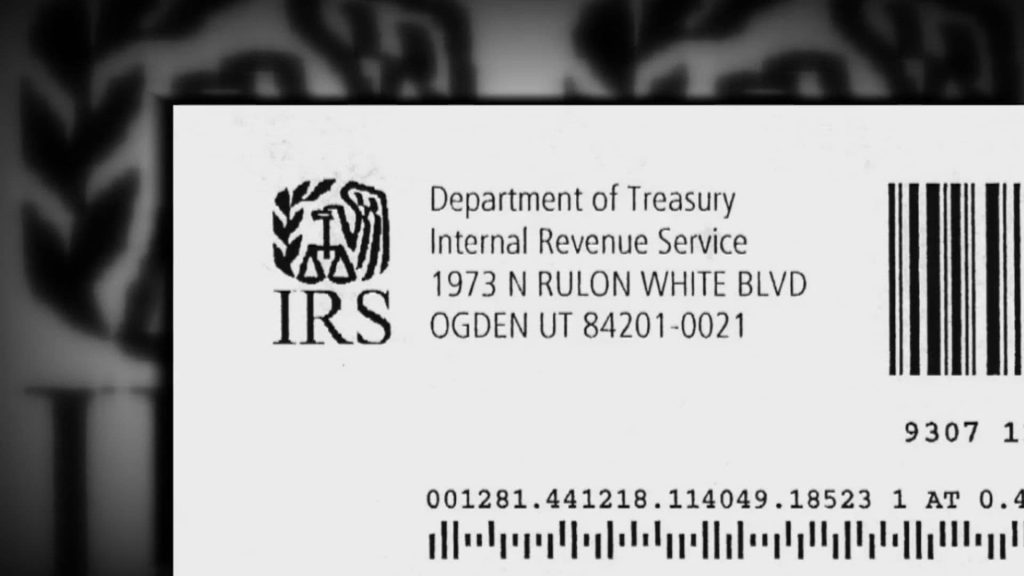
If you’ve found yourself wondering, “what does it mean if I am getting certified mail from the IRS?” you’re in good company. Receiving certified mail from the IRS often sparks feelings of anxiety and curiosity, prompting questions about whether you’re in trouble or if it’s just routine correspondence. Certified mail is a secure way the IRS uses to deliver important notices, documents, or demands requiring your official acknowledgment. It’s different from their usual mail because it requires a signature upon delivery, ensuring that the recipient receives and reads critical information related to tax returns, audits, payment requests, identity verification, or even potential penalties. This article will walk you through the significance of getting certified mail from the IRS, the types of letters you might receive, what actions you should take, and tips for managing IRS communications calmly and confidently.
Why Does The IRS Use Certified Mail?
Certified mail from the IRS is not sent out lightly—it’s reserved for situations where the IRS needs proof that they’ve delivered correspondence to you. This method is often chosen for serious or sensitive matters, such as a notice of tax due, a proposed audit, a levy or lien warning, or requests for additional information. The certified mail service allows the IRS to track the delivery and know exactly when and where the letter was received and signed for, giving both sides an official record. It’s important to understand that receiving certified mail doesn’t necessarily mean bad news—it simply means the IRS needs your attention on something important.
Common Types Of Certified Mail Letters From The IRS
Certified mail letters can vary widely depending on your tax situation. Some of the most common types include:
- Notice of Tax Due or Balance Owed: Informing you of additional taxes, penalties, or interest owed after a tax return review.
- Audit Notification: Informing you that your tax return has been selected for an audit and inviting you to provide documentation.
- Verification Requests: Asking you to verify your identity or income to prevent fraud or identity theft.
- Levy or Lien Notices: Alerting you that the IRS may seize property or place a lien due to unpaid taxes.
- Installment Agreement Attempts: Offering payment plans or alternative arrangements if you cannot pay your tax bill in full.

What To Do When You Receive Certified Mail From The IRS
Seeing an IRS certified mail envelope in your mailbox can be intimidating, but your first step should always be to open the letter promptly. Ignoring it can cause more problems, including escalating penalties or enforced collections.
- Read Carefully: Thoroughly review the contents and note any deadlines, instructions, or contact information.
- Confirm Authenticity: Be aware of scams. The IRS will never ask for payment via gift cards or threaten immediate arrest by phone. Certified mail is a reliable way they send official correspondence.
- Take Action: Respond by the deadline—even if it’s to request more time or clarify your situation. Missing deadlines can increase penalties or limit your options.
- Seek Help If Needed: If you don’t understand the letter, consult a tax professional or IRS representative. Certified mail often requires careful handling and a formal response.
Can Ignoring Certified Mail From The IRS Cause Problems?
Absolutely. Certified mail is used to ensure you cannot claim you never received the IRS notice. Ignoring certified letters can lead to:
- Additional penalties and interest buildup.
- Wage garnishments, bank levies, or asset seizures.
- Loss of appeal or collection rights if deadlines are missed.
The best way to protect yourself is to stay proactive and deal with the certified mail immediately.
Tips For Managing IRS Certified Mail Without Stress
- Mark your calendar with any response deadlines when you open the letter.
- Keep a copy of the letter and any responses you send.
- Use certified return receipt mail or a secure method when responding to IRS to have proof of delivery.
- Ask for professional advice if the situation feels complex.
FAQs
Q: Does receiving certified mail from the IRS mean I’m in trouble?
A: Not necessarily. It means the IRS needs to securely deliver important information and your acknowledgment.
Q: Can I ignore certified mail from the IRS?
A: No, ignoring it may cause penalties or collection actions. It’s best to respond promptly.
Q: How can I be sure the certified mail from IRS is genuine?
A: The IRS does not demand payment via unusual methods, and certified mail includes official IRS letterheads and tracking.
Q: What should I do if I don’t understand an IRS certified mail letter?
A: Contact a tax professional or the IRS directly for clarification.